Caging animals like rodents may seem harmless, but the reality is far more disturbing. These small creatures endure a life of confinement and misery, suffering from physical and psychological neglect. Once you learn the reality of life for these animals you’ll never consider it acceptable again.
1. Cramped Living Conditions
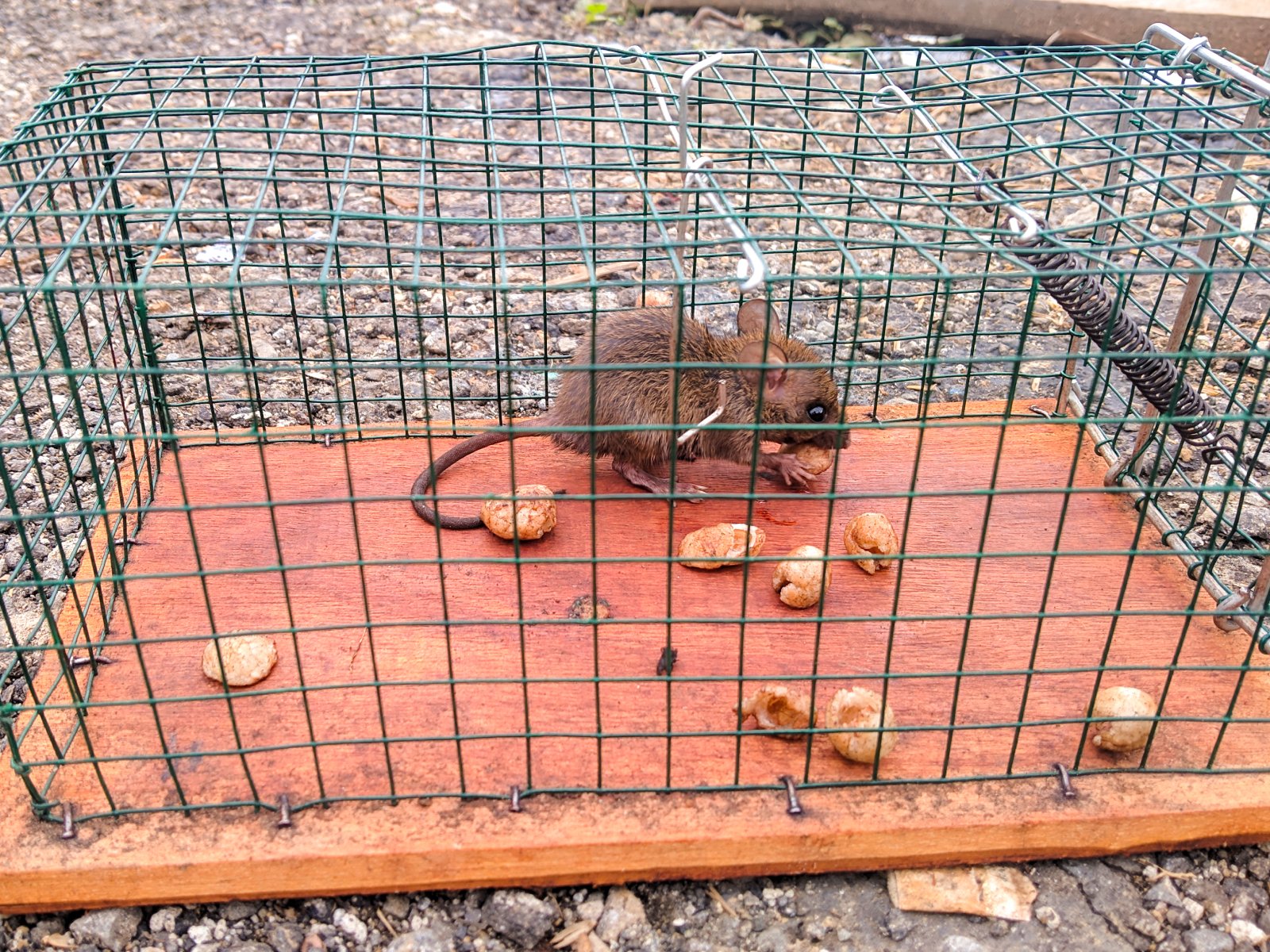
Rodents are often kept in tiny cages that barely allow them to move. These enclosures restrict their natural behaviours, leading to physical ailments and psychological stress. Imagine spending your entire life in a space no larger than a shoebox.
2. Lack of Environmental Enrichment

Caged pets are deprived of the environmental enrichment they need to thrive. In the wild, rodents explore, forage, and engage in social interactions. In cages, they are left with nothing but boredom and frustration, which can lead to severe behavioural issues.
3. Health Problems
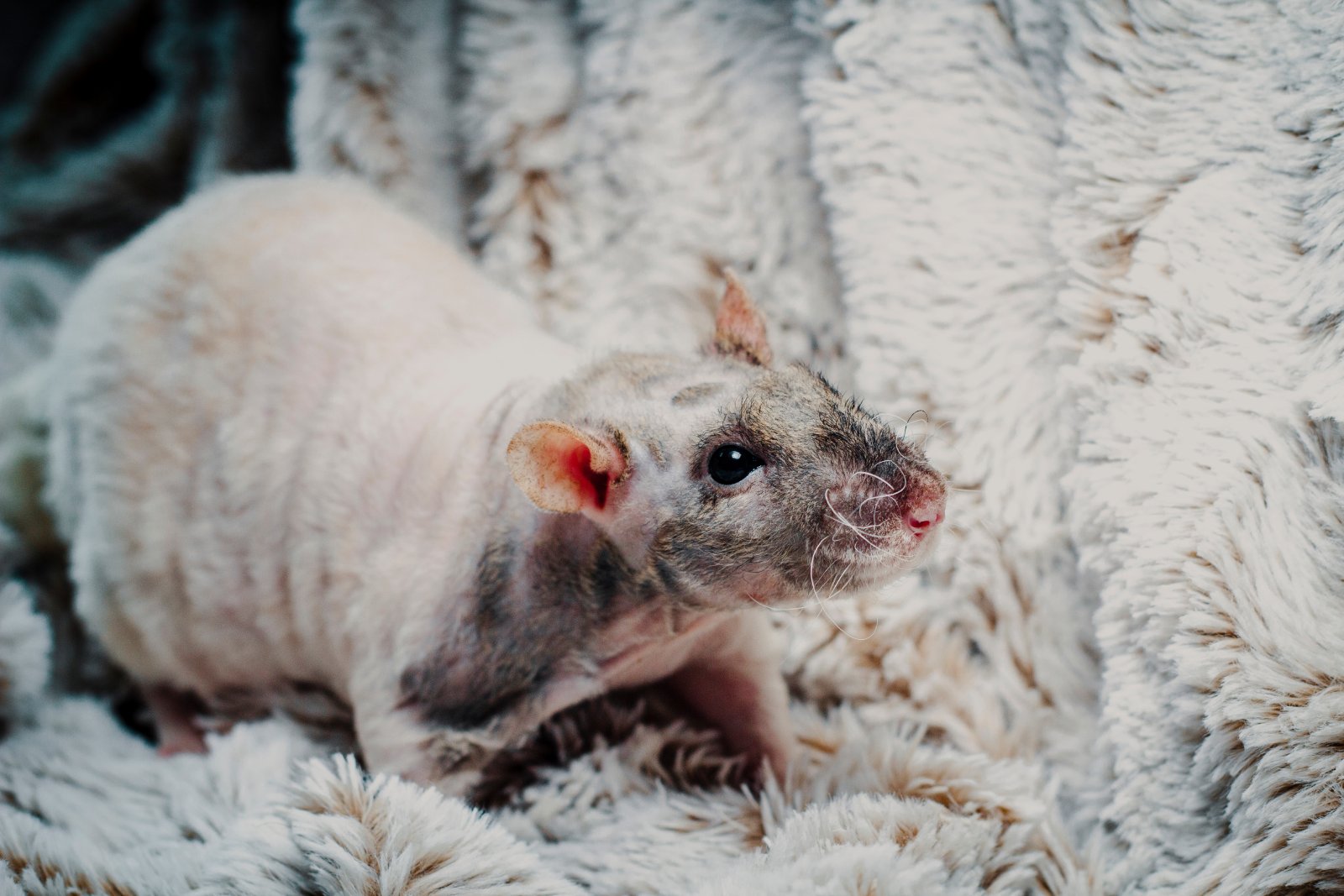
Confinement in small, unclean cages can lead to a host of health problems for rodents. Respiratory issues, skin infections, and malnutrition are common among caged pets. Without proper veterinary care, many suffer silently until they die prematurely.
4. Psychological Distress
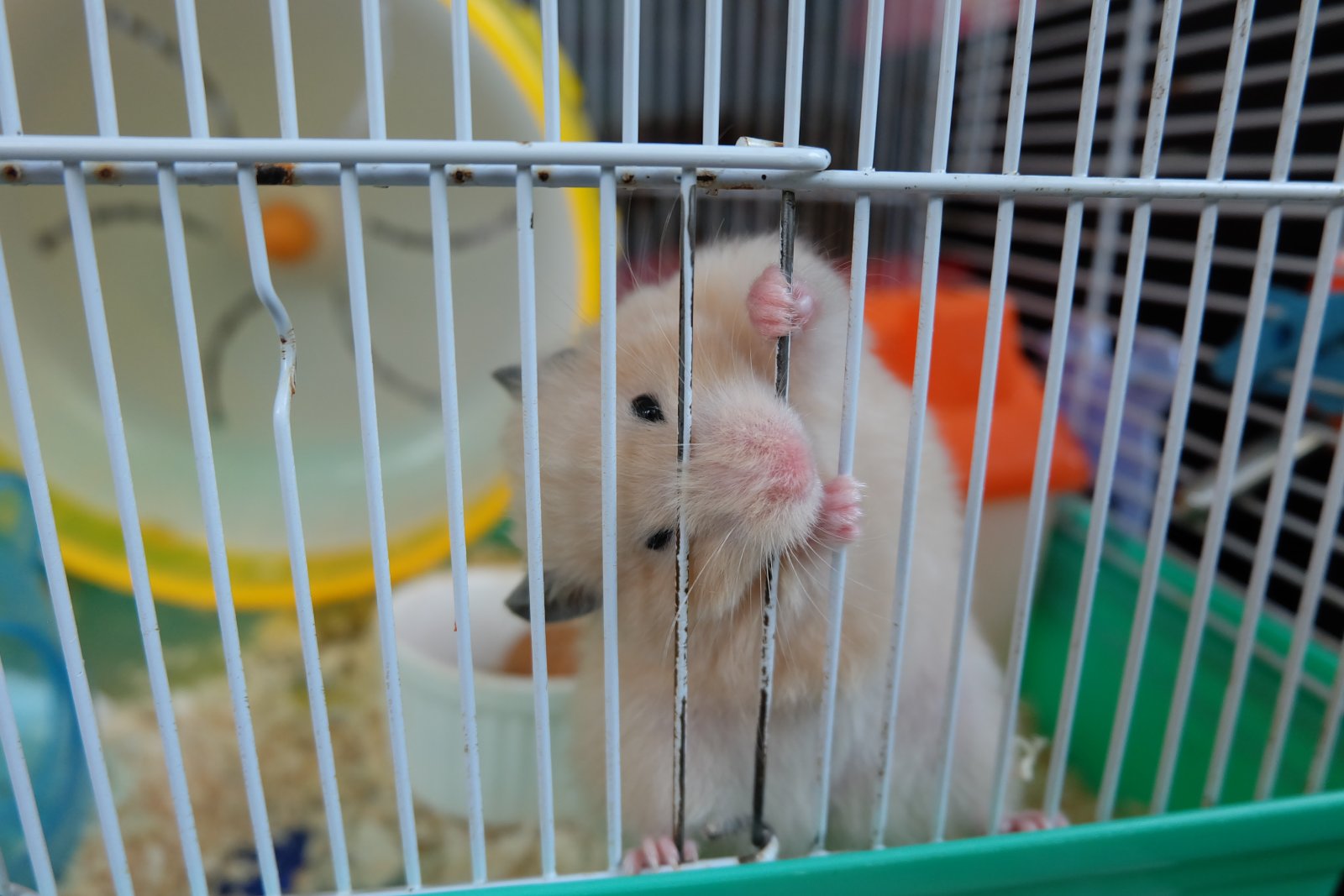
Rodents are intelligent and social animals. Isolation and lack of stimulation cause immense psychological distress, manifesting as repetitive behaviours like gnawing on bars, pacing, and self-mutilation. These signs of stress and anxiety are often ignored or misunderstood by owners.
5. Shortened Lifespan
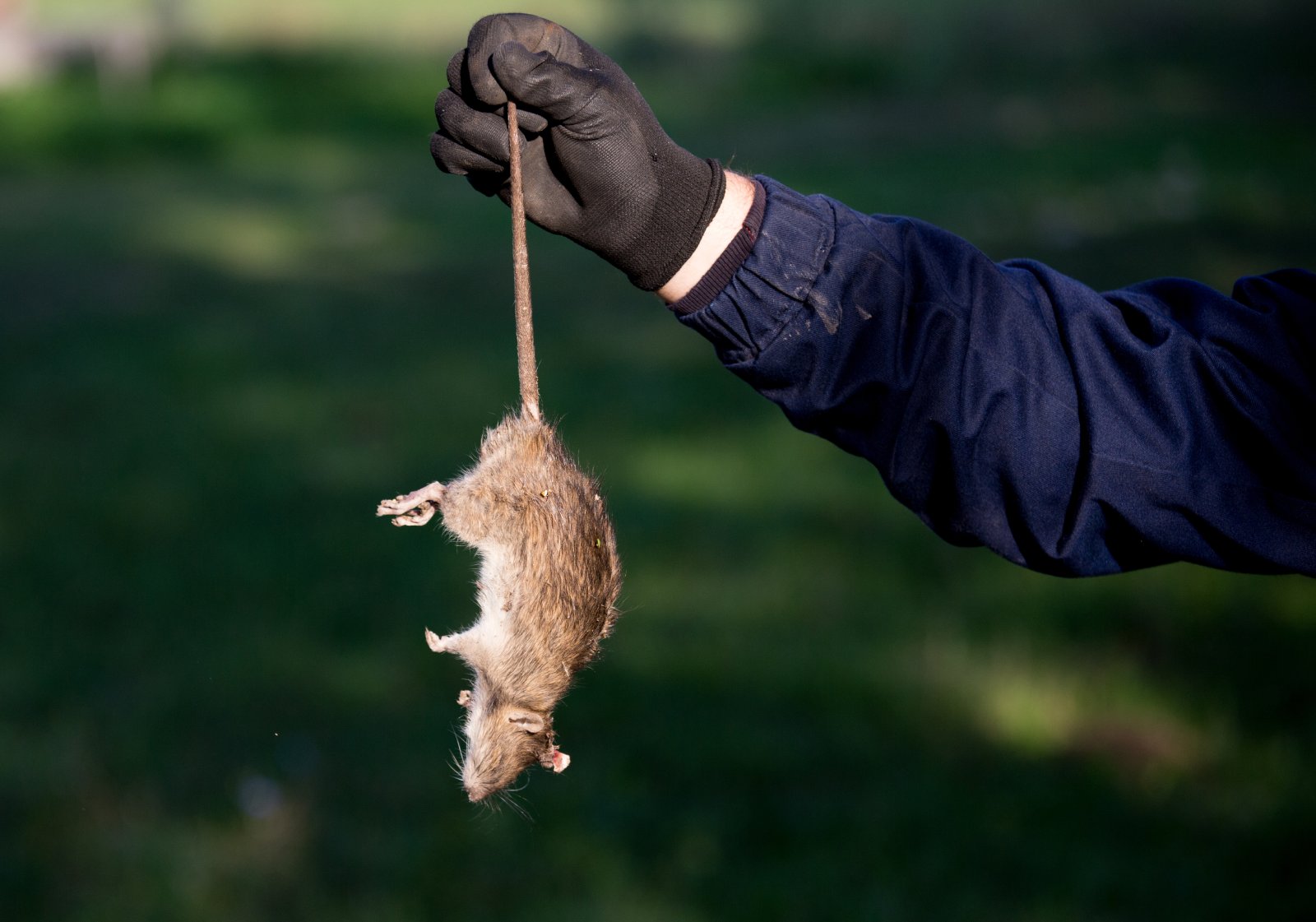
The lifespan of caged rodents is significantly shorter than those in the wild. The constant stress, poor diet, and lack of exercise contribute to their early demise. Owners often don’t realise the detrimental effects of caging until it’s too late.
6. Ethical Concerns
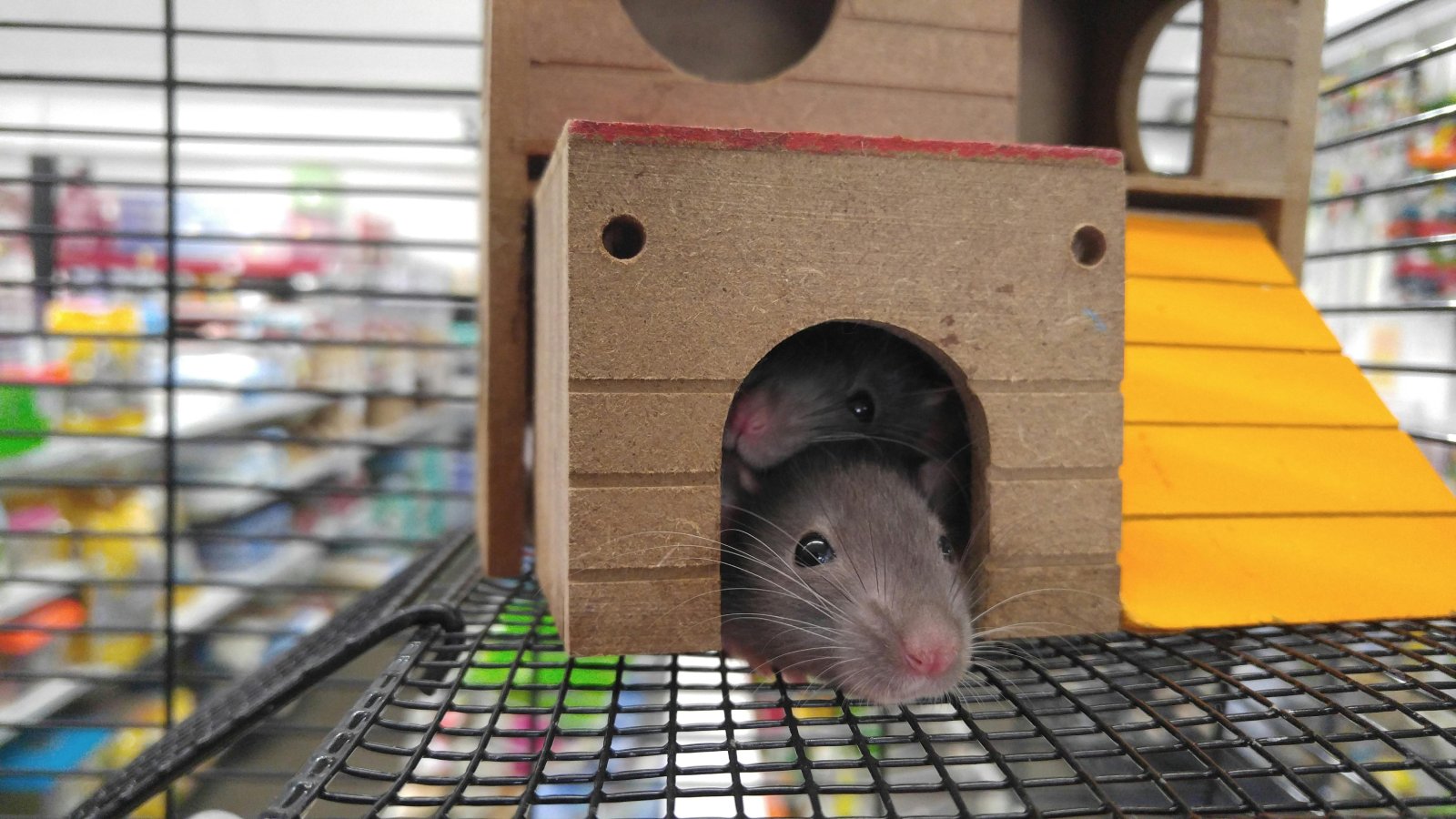
Keeping rodents in cages raises serious ethical questions. Is it right to confine sentient beings to a life of misery for our convenience or amusement? The morality of keeping pets in such conditions is increasingly being challenged by animal welfare advocates.
7. Inadequate Care Knowledge
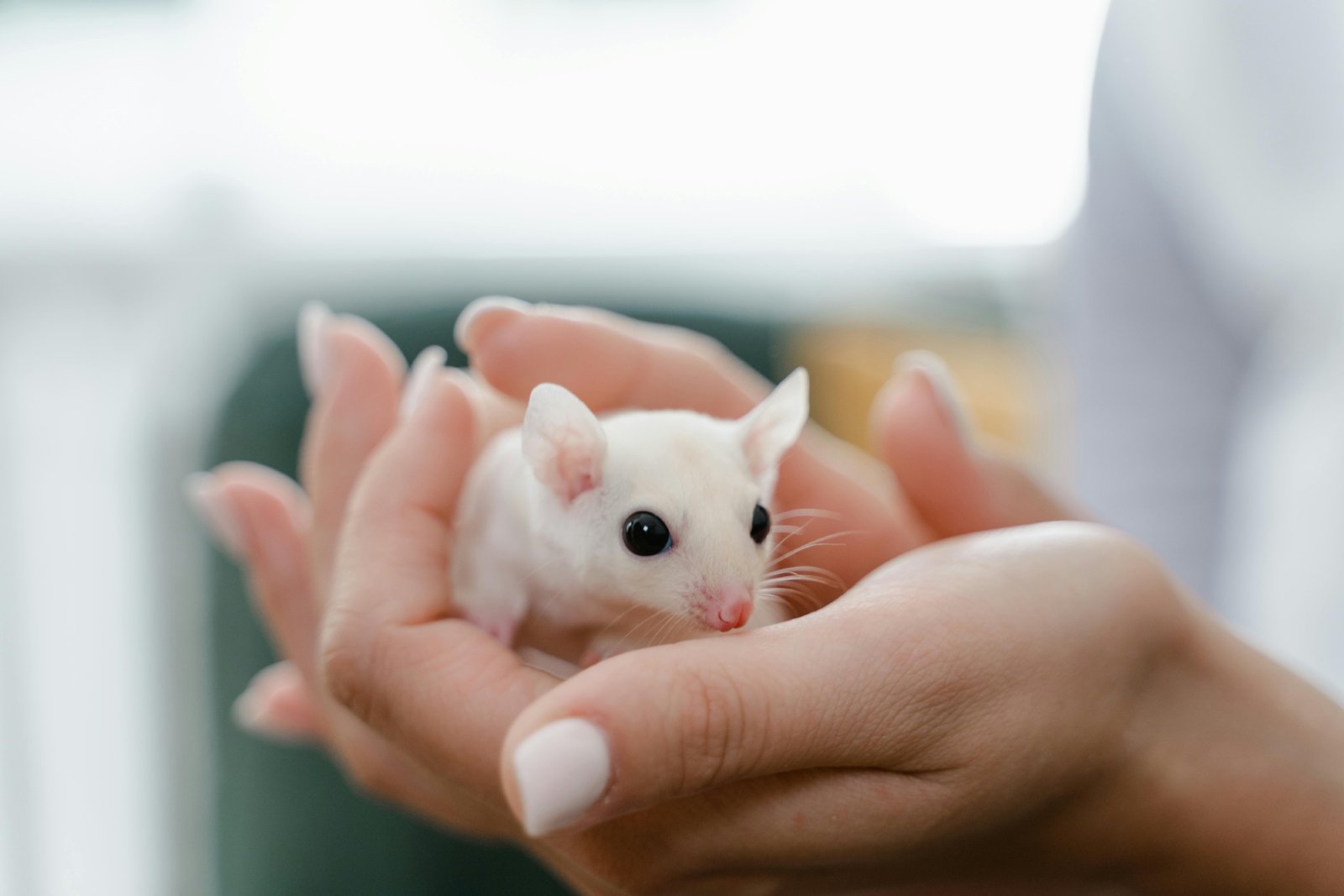
Many owners lack the knowledge necessary to properly care for caged pets. They are unaware of the complex needs of rodents, leading to unintentional neglect. This ignorance exacerbates the suffering of these animals.
8. Commercial Breeding Practices
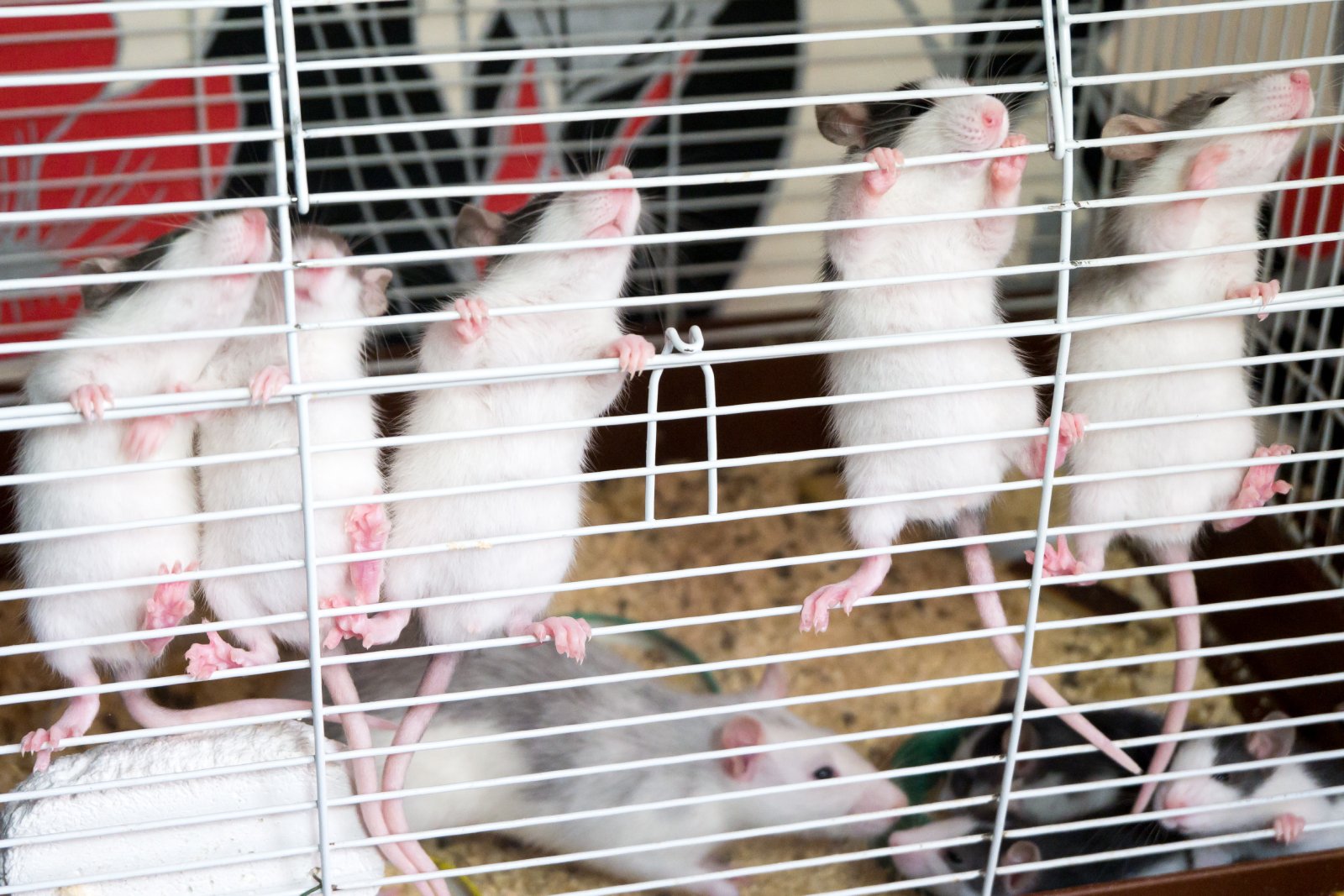
The pet trade often involves cruel breeding practices where rodents are mass-produced in inhumane conditions. These animals are then sold to pet shops and ultimately to owners who may not be prepared to meet their needs.
9. Misconceptions About Rodents
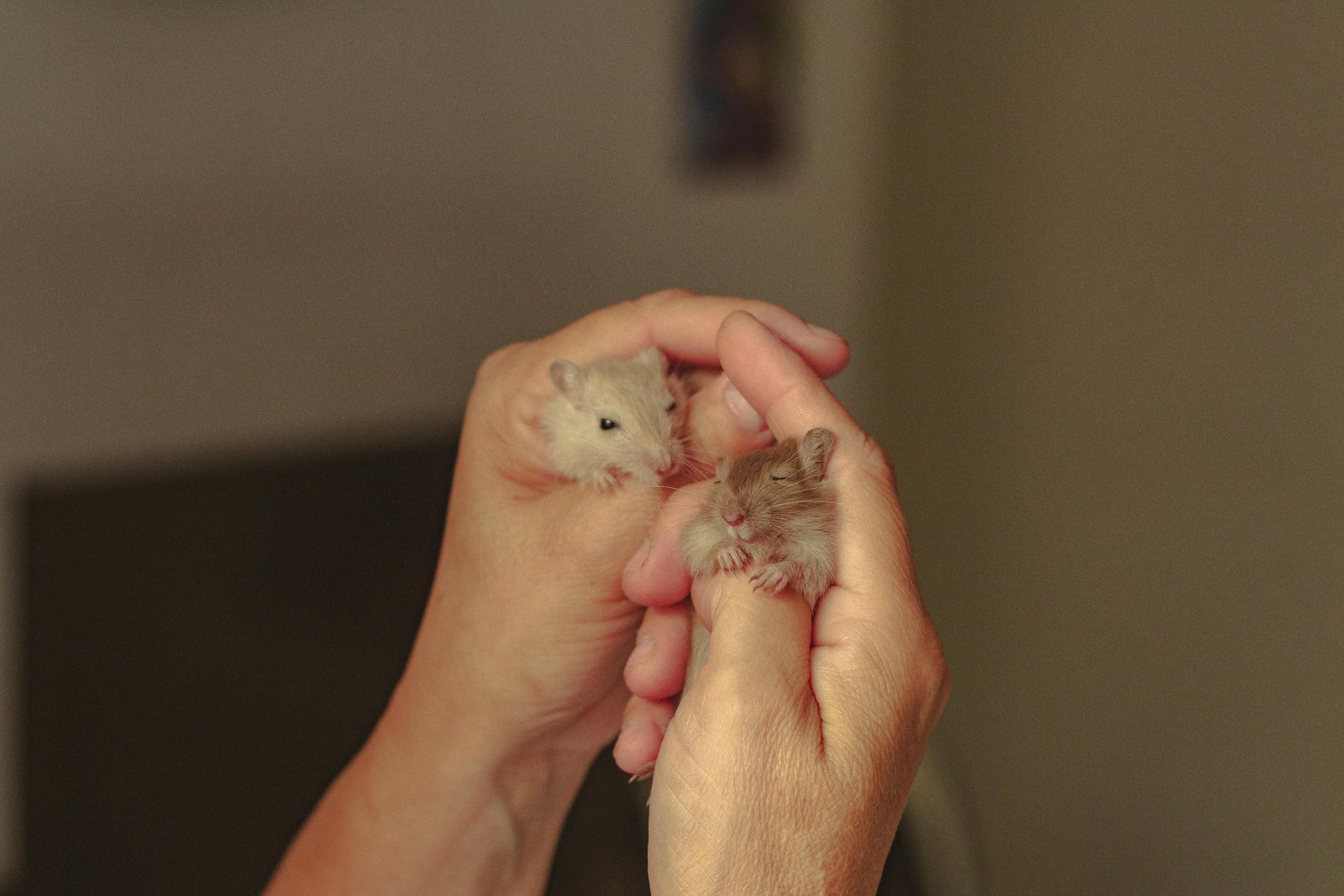
Rodents are often seen as low-maintenance pets suitable for children. This misconception leads to their mistreatment and neglect. In reality, rodents require as much care and attention as any other pet.
10. The Call for Change

Animal welfare organisations are calling for stricter regulations on the keeping and breeding of rodents. They advocate for larger, enriched living spaces and better education for pet owners. The aim is to improve the quality of life for these often-overlooked animals.
11. Social Isolation
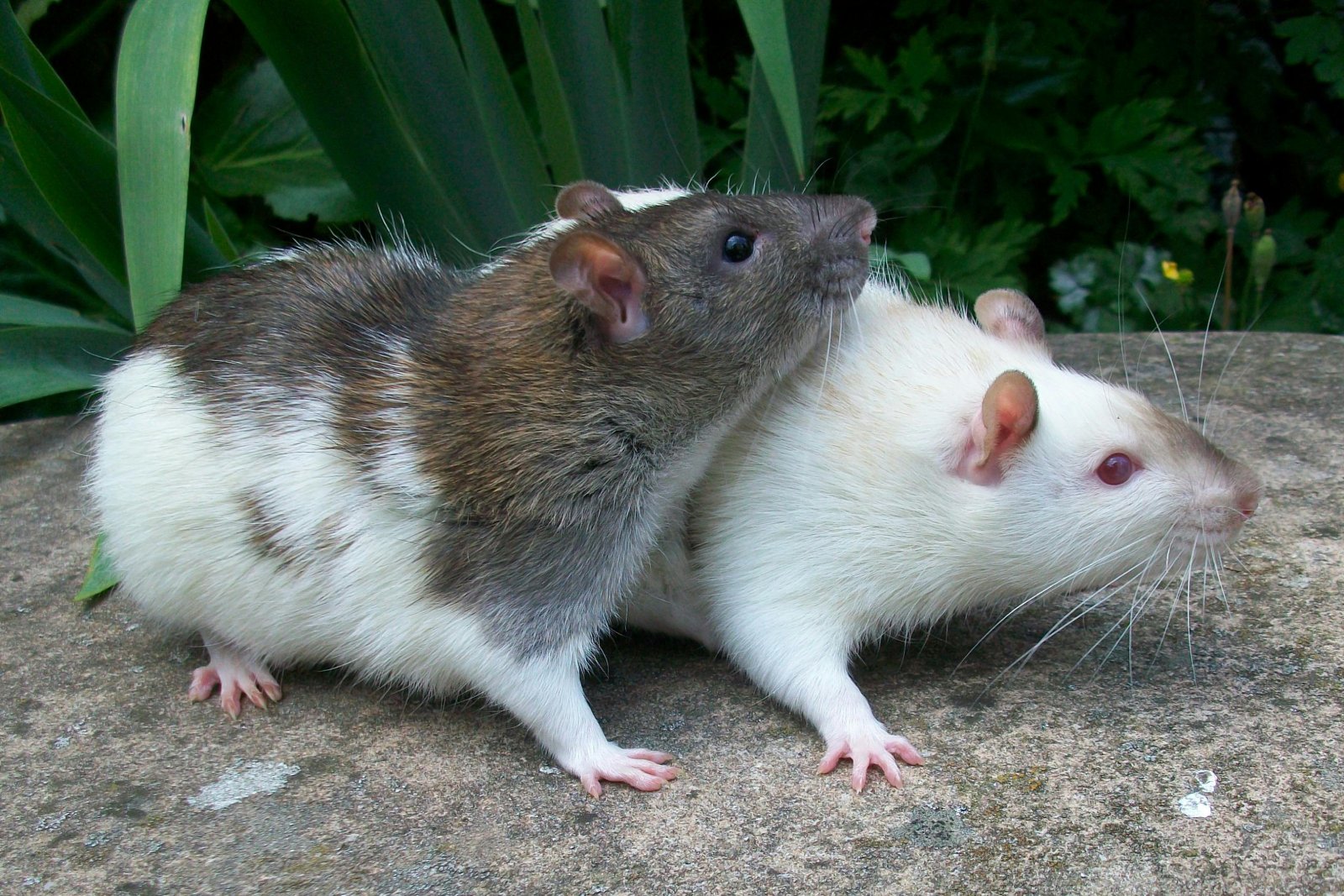
Rodents, especially social species like rats, suffer greatly from isolation. In the wild, they live in complex social groups. Being kept alone in a cage deprives them of necessary social interactions, leading to depression and anxiety.
12. Inappropriate Diet
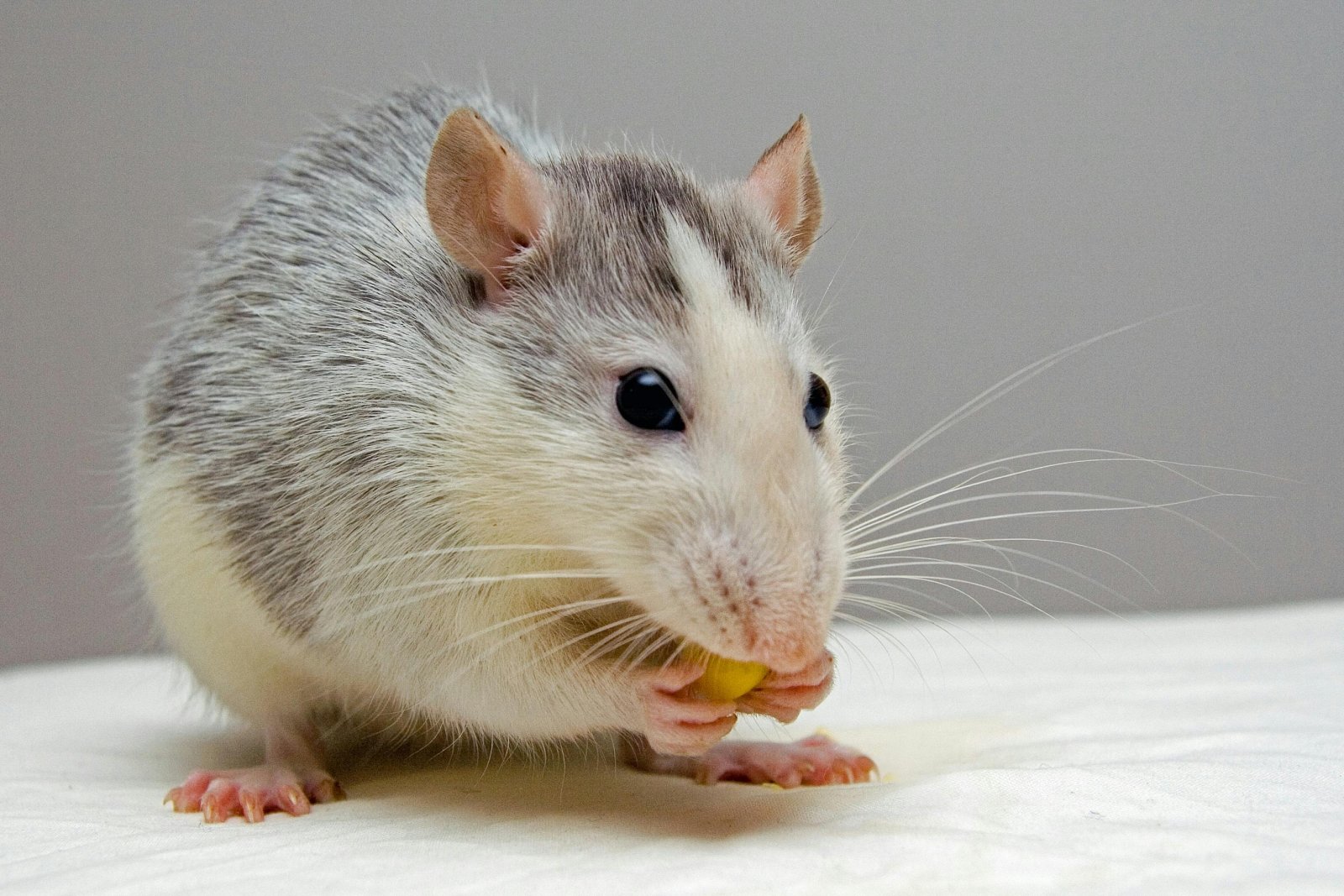
Many caged rodents are fed an inappropriate diet, lacking the variety they would naturally consume in the wild. This can lead to nutritional deficiencies and related health issues. Owners often rely on commercial pet food that doesn’t meet all dietary needs.
13. Lack of Exercise
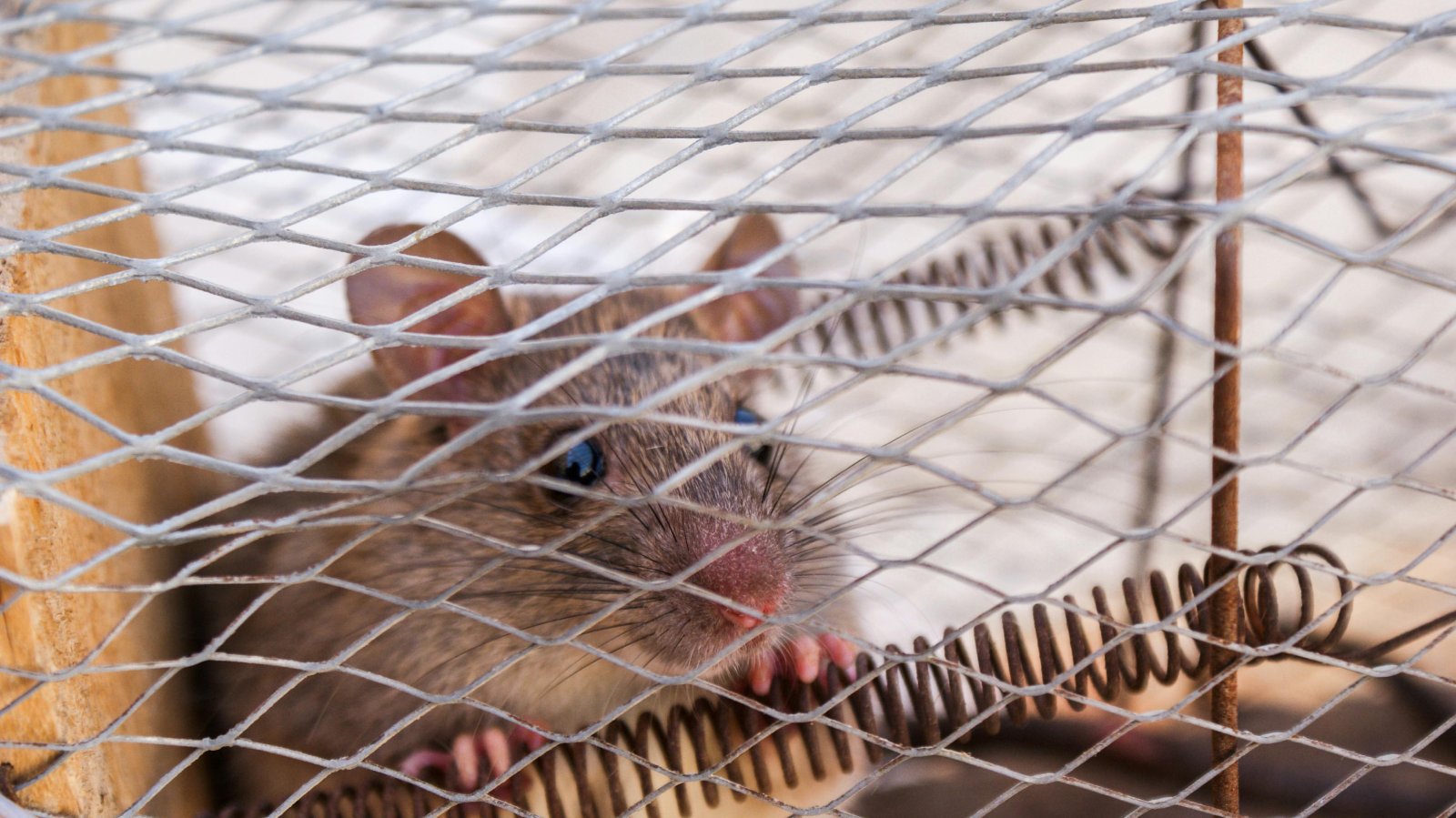
Exercise is critical for rodents’ physical and mental health. In a cage, their movement is severely restricted. This lack of exercise can cause obesity, muscle atrophy, and behavioural problems.
14. Improper Handling

Improper handling by owners, often due to a lack of knowledge, can cause injury and stress to rodents. These animals are delicate and require gentle, knowledgeable handling to prevent trauma.
15. Stress-Induced Behaviours
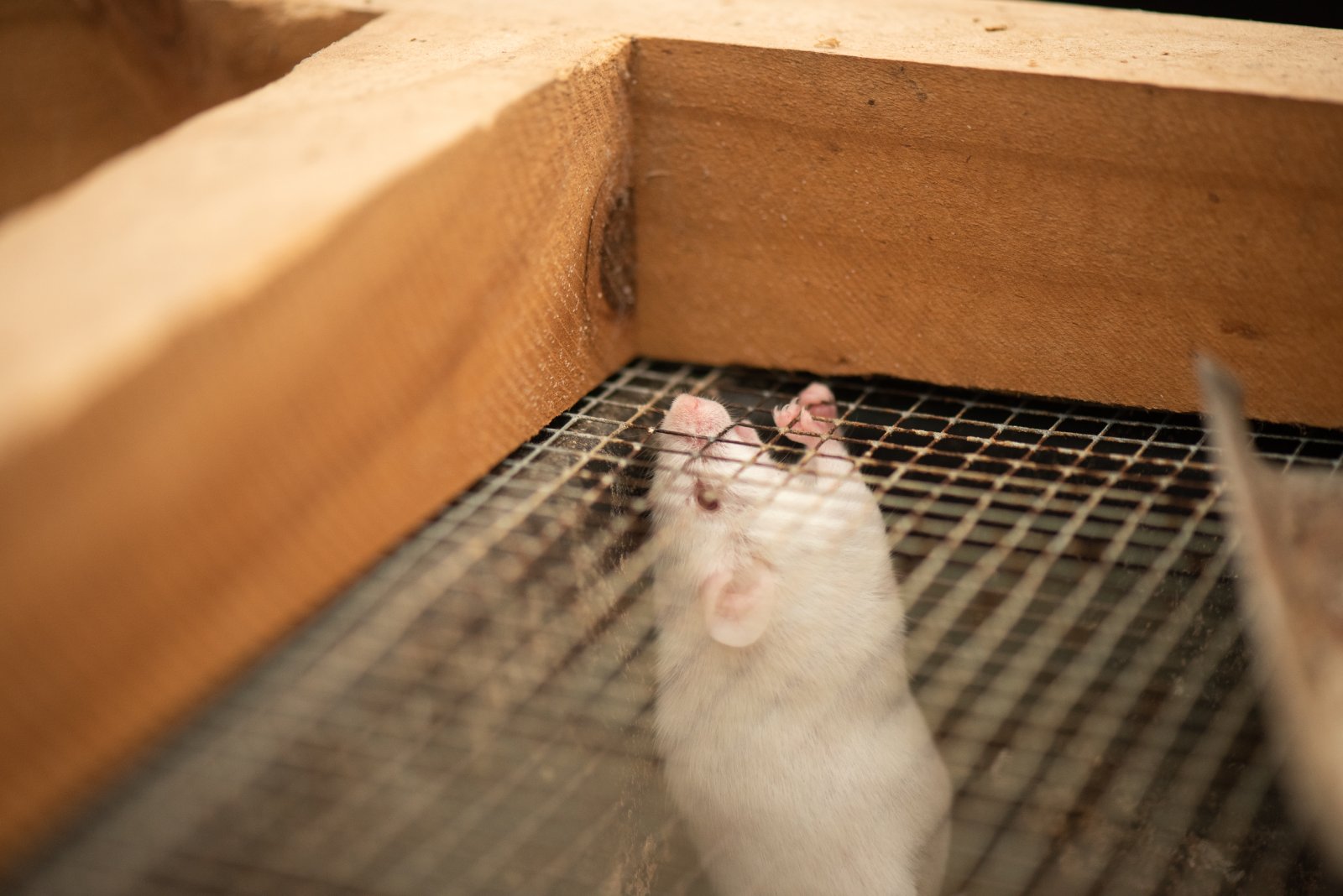
Stress can cause rodents to develop abnormal behaviours such as constant chewing, over-grooming, and self-mutilation. These behaviours are signs of severe psychological distress and are often overlooked by owners.
16. Breeding Exploitation
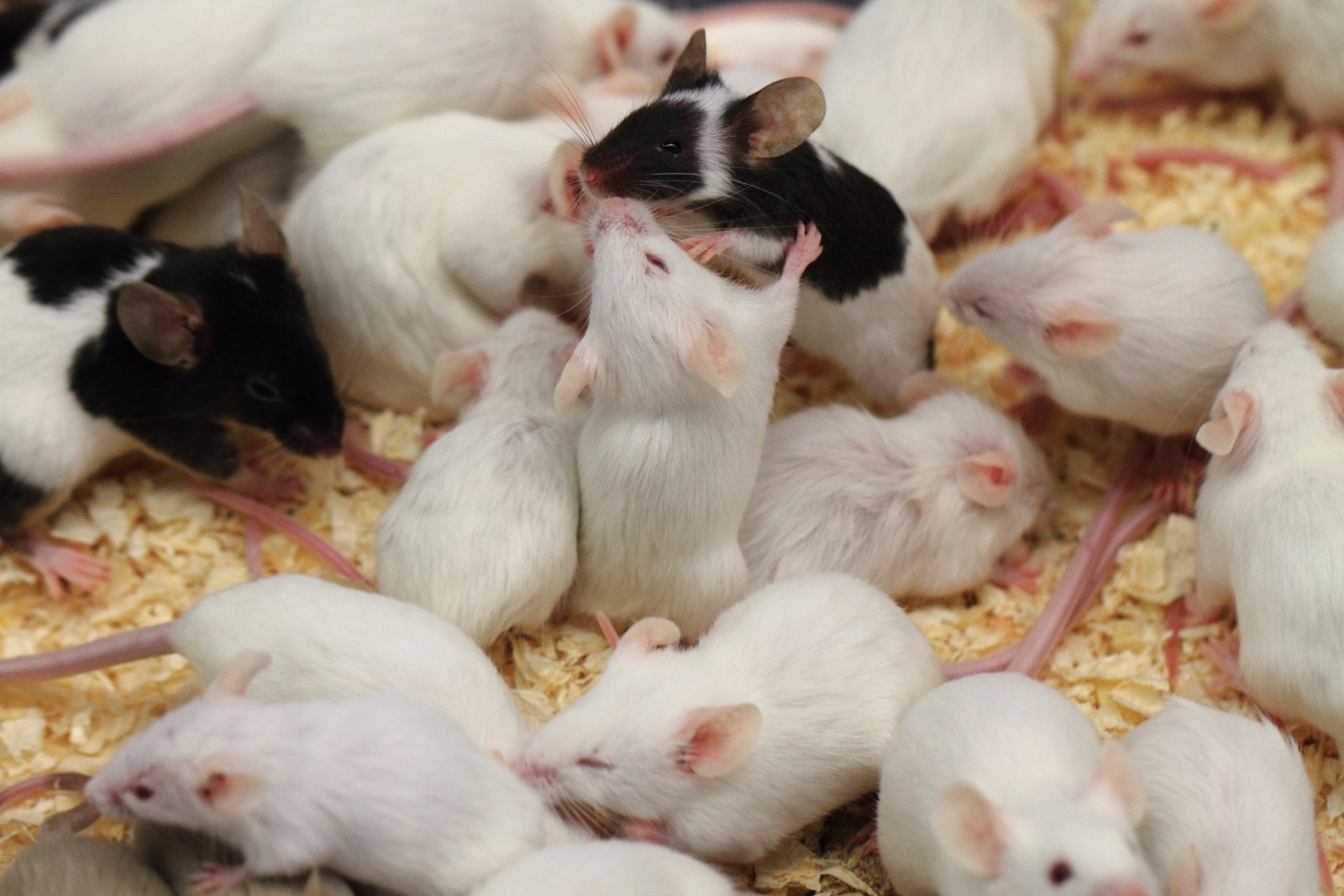
Commercial breeding often subjects rodents to inhumane conditions. Female rodents are bred repeatedly without rest, leading to severe health problems and shortened lifespans. The emphasis is on quantity over quality of life.
17. Inadequate Medical Care
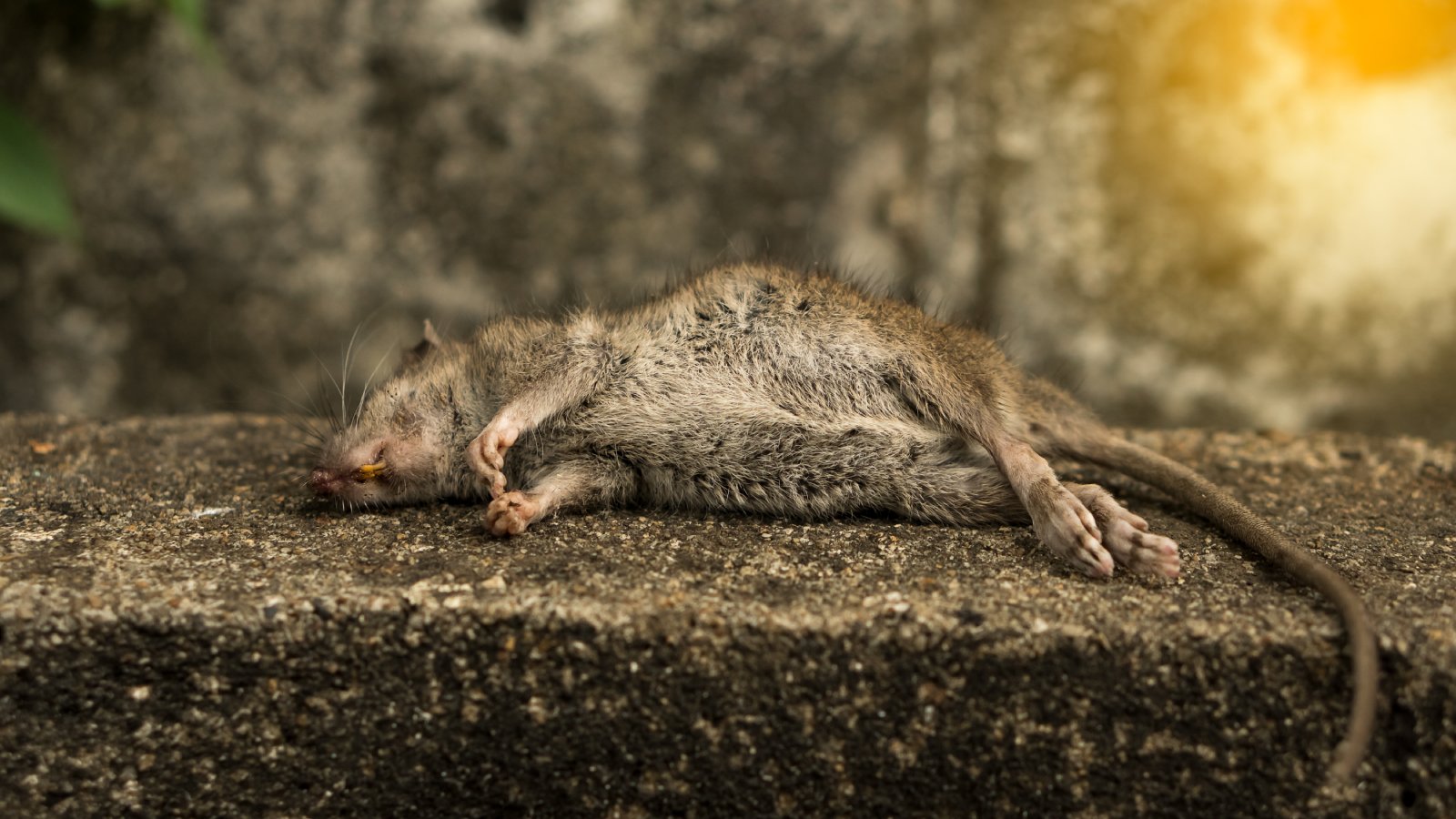
Caged rodents often do not receive adequate medical care. Symptoms of illness can be subtle and easily missed by untrained owners. By the time veterinary care is sought, it is often too late.
18. Overpopulation in Shelters
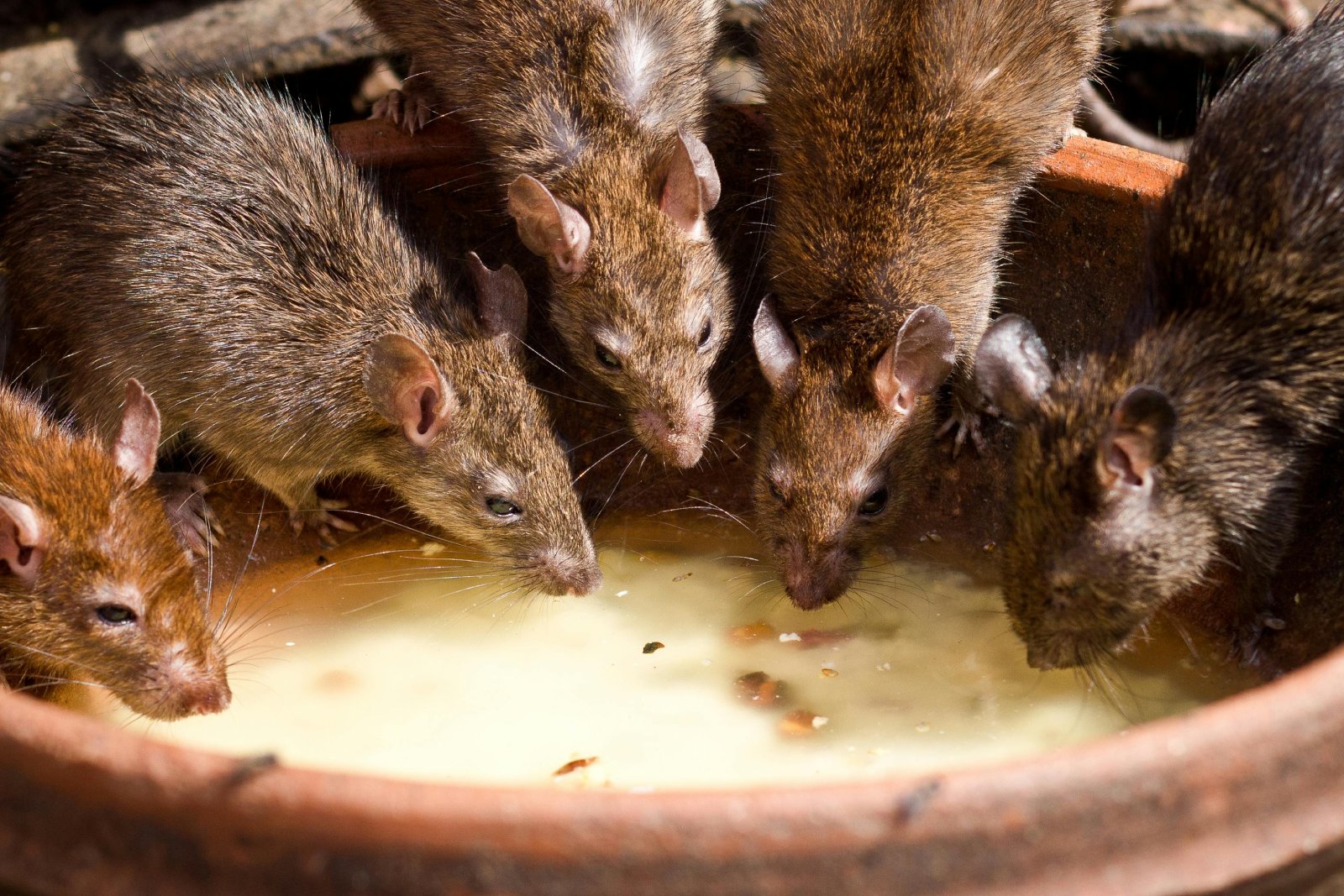
Many rodents end up in shelters due to owner neglect or abandonment. Shelters are often overwhelmed and cannot provide the necessary care for all these animals, leading to high euthanasia rates.
19. Misleading Pet Industry

The pet industry often misleads consumers about the ease of keeping rodents. Advertisements and pet store advice downplay the complex needs of these animals, leading to widespread neglect and suffering.
20. The Push for Legislation

Advocates are pushing for stricter laws governing the sale and care of caged rodents. These laws would ensure that animals are bred, sold, and cared for in ways that meet their physical and psychological needs.
Conclusion: The Case Against Caging
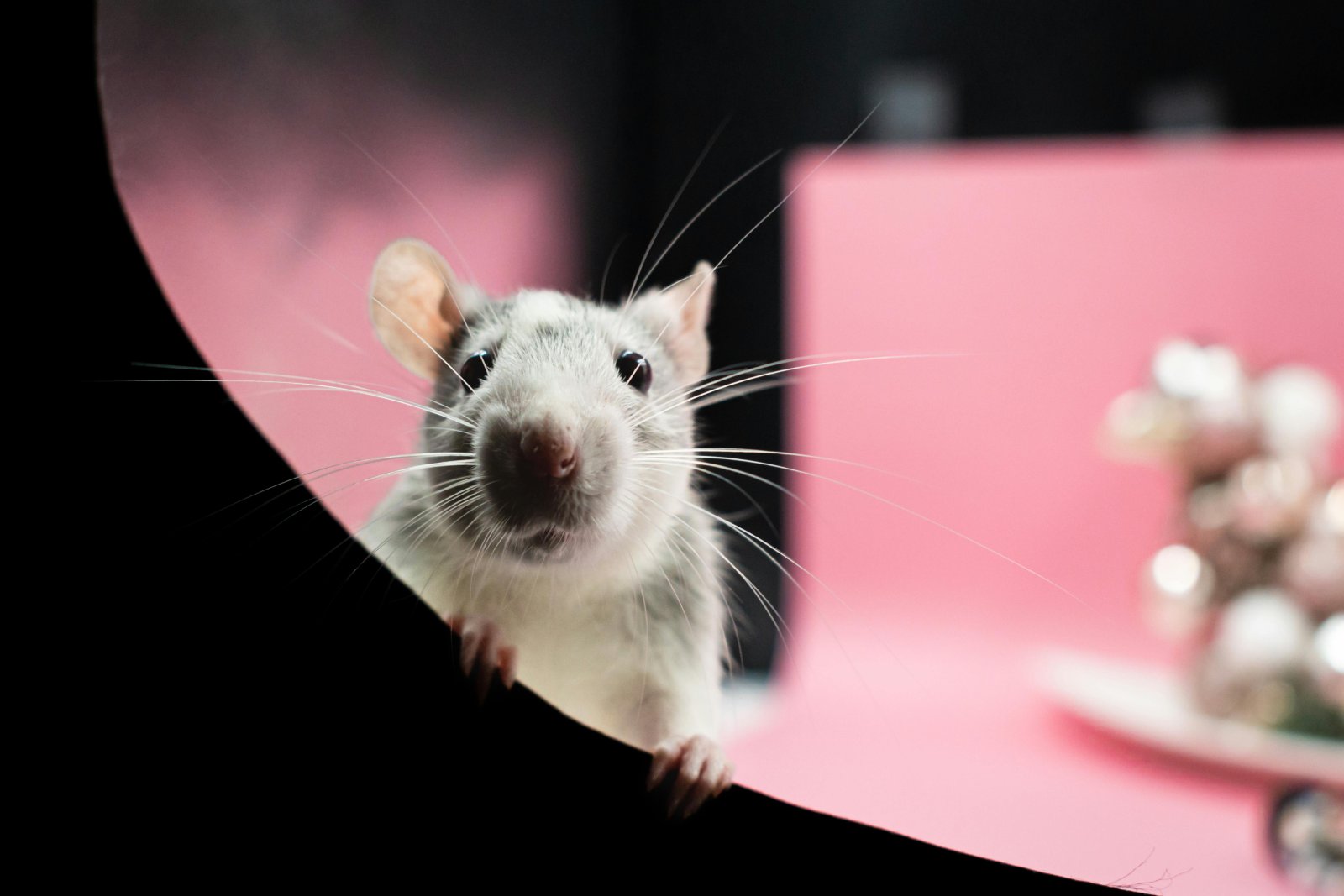
Caging pets like rodents condemns them to a life of suffering. It’s time to rethink our approach to keeping these animals and consider their needs more compassionately. Are we truly prepared to face the cruelty we inflict by keeping them confined?
A Hard Look in the Mirror
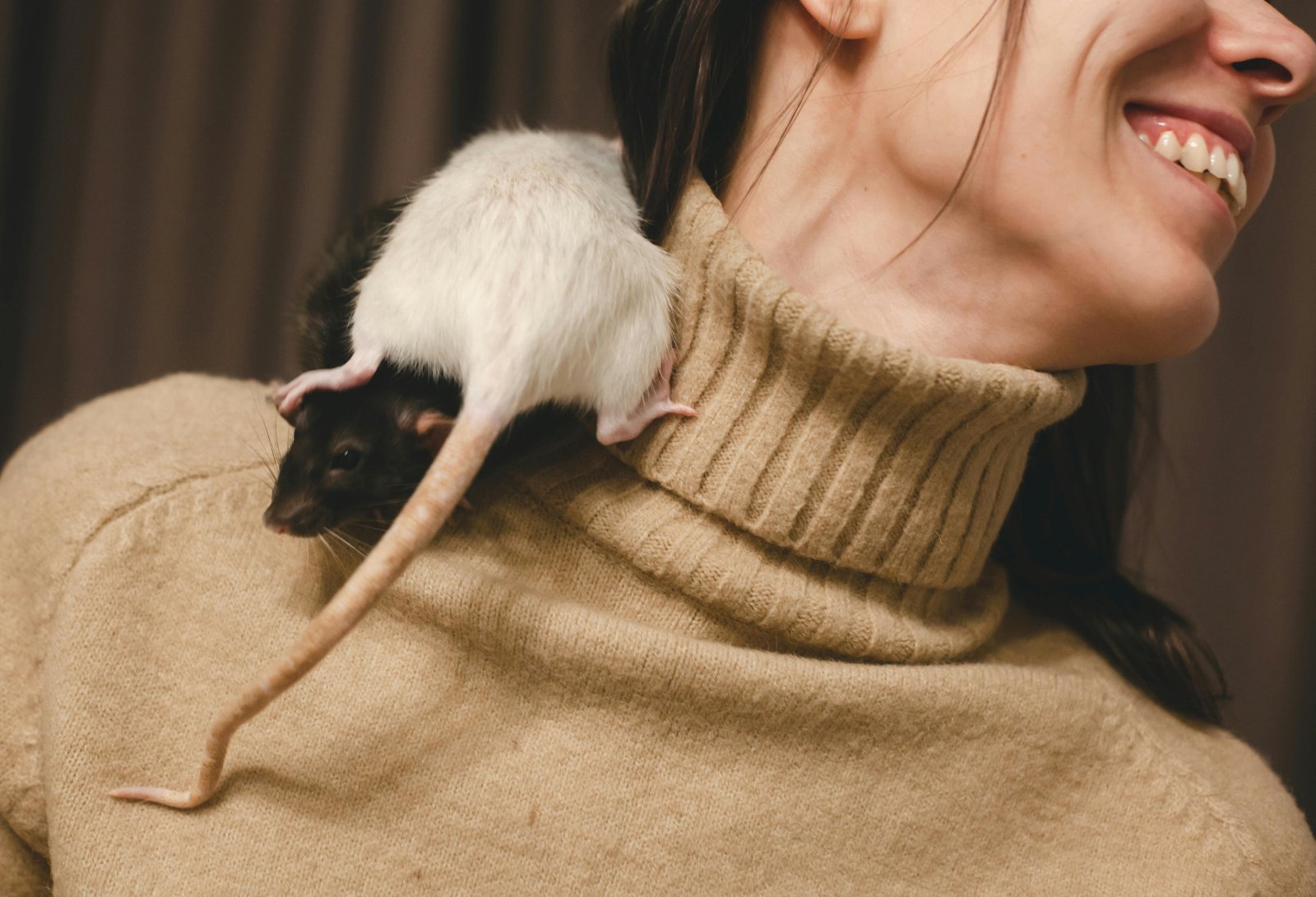
As pet owners and animal lovers, we must ask ourselves: Are we doing enough to ensure the wellbeing of our pets? The practice of caging rodents is not just outdated; it’s inhumane. Let’s pledge to provide better lives for these creatures by promoting awareness and change.
Featured Image Credit: Shutterstock / KulthiwatS.
For transparency, this content was partly developed with AI assistance and carefully curated by an experienced editor to be informative and ensure accuracy.

